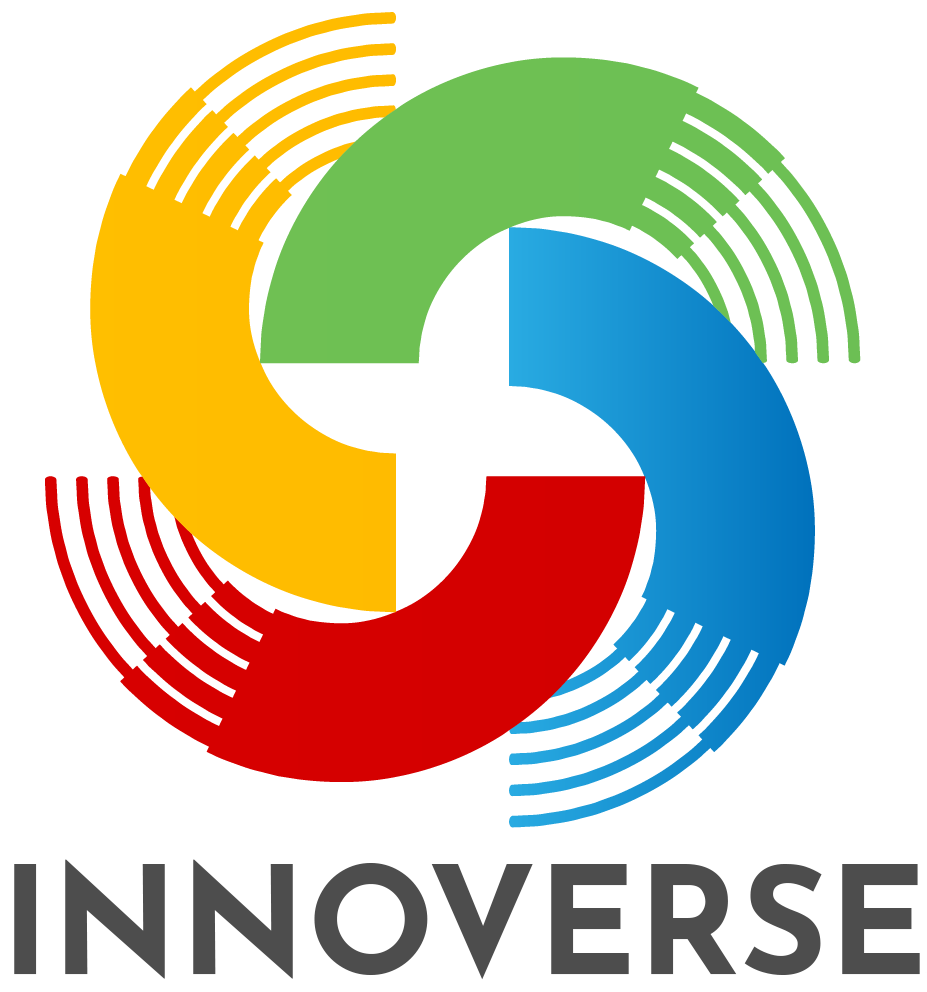I passed it!!
I passed my candidacy exam this morning! The above images reveal my nervousness in the moments leading up to the Zoom exam, and in the moments at the end. Let me explain.
The photo of the papers are my specific research questions as they are worded in my proposal, and the propositions that I have put forth as part of my case study methodology. I anticipated that I might freeze and then panic trying to recall exactly how I worded them in the final proposal, and words matter. The last thing I wanted to do was to misquote myself with respect to where the final wording landed for the questions and end up babbling!!
The photo on the right is of the esteemed faculty who served as my examination committee. I forgot to ask permission to post a photo to blog about my experience, so I have blurred all individuals as they were not offered an opportunity to decline.
What is a Doctoral Candidacy Exam like?
I can only speak to my personal experience, but if you are curious, this is how it played out:
In advance of the exam, I met with my Candidacy; a group that comprises my incredible supervisor, and two other faculty members who are experts in the field of studies where my specific research has landed. We selected two other faculty members (both were from UCalgary as well, and when I defend, there will need to be a member from another institution, but for candidacy, the examinors can all be from UCalgary) and my proposal was provided to them several weeks prior to the exam.
A seventh professor particpates in the examination as the “neutral chair”; and their job is to ensure that times are adhered to, and that protocols are followed. As I understand it, this allows the other professors to focus on the examination as someone else is watching the clock.
To start the exam, I was given the first fifteen minutes to give a presentation to the group about my research and my proposal. Upon completion of my presentation, each examiner, beginning with the professor who is “farthest from my research” asked me questions about my research. I then had ten minutes in which to respond to the questions. I was allowed to take my time in considering my responses, and if I wished to consult my paperwork, notes, etc. that was allowable. But ten minutes to respond is actually a fairly truncated period of time, so it was important to be well-versed and confident in my research intentions. Then the second examiner asked a question and again, I had ten minutes to respond. The questions then moved to the members of my Candidacy Committee, each had the same opportunity to pose questions about my research, and again, I had ten minutes to respond to each. The last to question me was my Supervisor.
We then took a 5 minute break.
And then we repeated the above process.
At the end of the second round of questioning, I logged out of Zoom entirely to allow the examiners to discuss the status of my candidacy.
While they were only discussing for a matter of minutes, not hours, it felt much longer than it was.
But with a unanimous decision, they declared that I had passed the exam, and I am now a doctoral candidate, and I can proceed with completing my ethics application to the university to earn the green light to conduct my research!


